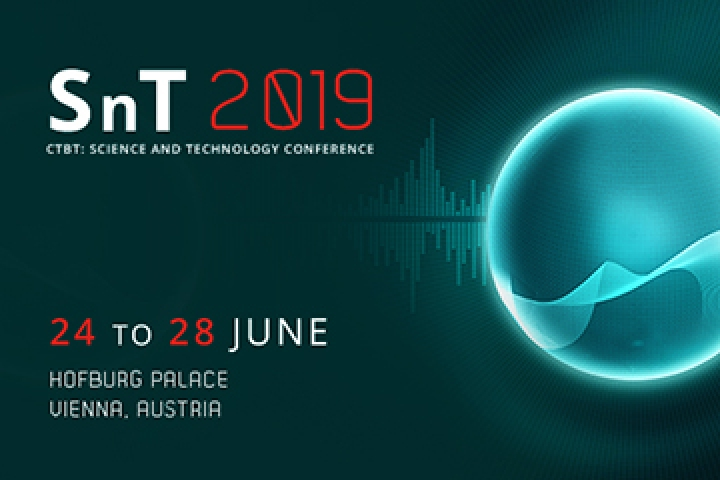Speaker
Description
The number of water-related challenges are expected to increase in the future. They can differ from the impact of floods, droughts, glacier dynamics and economic to population growth, etc. To tackle these challenges, hydrological models have developed to explore the solutions for sustainable water management. Streamflow forecasting as one of the crucial topic in hydrology is essential for water resources engineers. The high-quality forecasting can support their decisions about hydroelectric power programming, flood mitigation and agricultural/domestic water supplies. The existing dynamicity and chaotic feature in the hydrological models may obstruct the accurate prediction process. Furthermore, the performance of any hydrological model is correlated to the set of model parameters. In the view of current understanding and incomplete research to date, this study is conduction to determine a novel method of NESN-MP (None Linear Echo State Network-Multivariate Polynomial) forecasting engine for predicting daily streamflow in large catchments attribute .This study develops a non-parametric and user-friendly model to yield optimal forecasting up to several months ahead of its lead time as follows: (1) Problems corrupted by noise; (2) Complex systems that may not be dittoed; and (3) Circumstances where the input is incomplete or ambiguous by nature producing bad data (inaccurate input).

